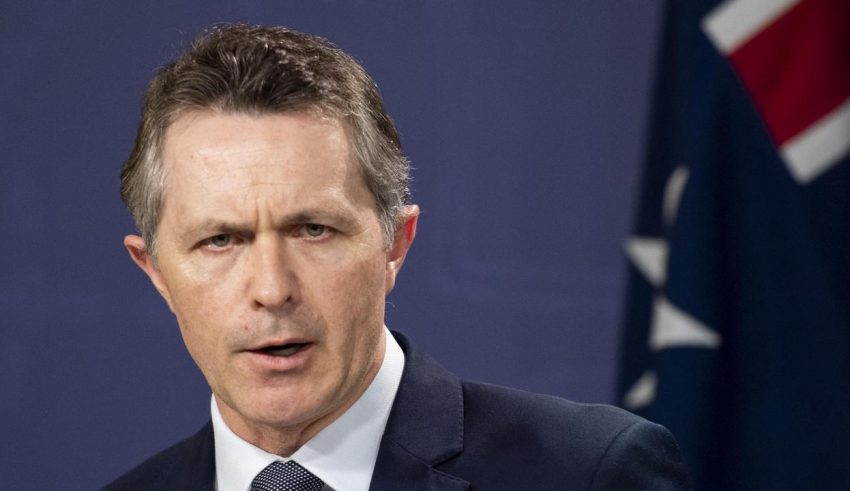
A ministerial power to set international student limits down to the course level at universities and TAFEs should be scrapped from the government’s proposed legislation, a Labor-led Senate committee has recommended.
Labor says it plans to bring temporary migration numbers back to pre-pandemic levels and crack down on dodgy education providers by limiting the number of international students able to start study in Australia to 270,000 next year.
The move has been fiercely criticised by the university peak bodies, who have warned that it will weaken the economy and lead to job losses across the sector.
Course-level caps have been one of the more contentious parts of the bill, with university groups telling the inquiry that it would be “completely unworkable” and amount to “ministerial overreach”.
But Education Minister Jason Clare has previously described it as a “reserve power”, with the focus to be on caps for institutions rather than individual courses.
The education and employment committee recommended that the bill be passed, but that the ability for the minister to set course-level limits for public and private universities, as well as TAFE providers, be removed after hearing strong concerns about the “practicality of imposing and managing course-level caps”.
It would still allow for different limits for regional and metro campuses and between sectors, such as higher education and vocational, the report read.
The committee also recommended the bill be amended to include exemptions for specific classes of students, a requirement for the education minister to consult with agencies, providers and the immigration minister before setting limits, and that the deadline to set yearly limits be changed from September to July the year prior.
The final report was tabled on Wednesday evening after the deadline was pushed back multiple times to allow for additional hearings.
It leaves just over two sitting weeks for the government to pass the legislation in time for it to come into effect next year.
Labor senator Tony Sheldon, who chairs the committee, called for the Coalition to stop delaying.
Labor Senator Tony Sheldon, who chairs the committee, said it was “time the Liberals and Nationals stop delaying”.
“Despite these delays and extensions, it’s notable that the opposition couldn’t come up with a single recommendation for how they think the bill should be improved,” he said.
“The sector needs to return to sustainable levels of international enrolments to ensure that both international and domestic students are getting the quality education they deserve.”
Shadow education minister Sarah Henderson said she supports international student caps, but on Wednesday slammed Labor’s approach as “riddled with incompetence, secrecy unfairness and uncertainty”.
“The fact that it is now October, and the minister is asking Australia’s higher education and VET sector to implement caps by the first of January with so much uncertainty … is absolutely insane,” she said.
Both Labor and the Coalition have said they want to see a lower Net Overseas Migration (NOM), which includes international students. The government said they expect the figure to be 260,000 over the financial year, while Opposition Leader Peter Dutton has said they would aim for “about 160,000”.
Shadow education minister Sarah Henderson.
In his budget reply speech, the opposition leader said if elected the Coalition would “reduce excessive numbers of foreign students studying at metropolitan universities” by working with universities to set a cap.
Greens tertiary education spokesperson Mehreen Faruqi on Wednesday described the bill as “a political smoke screen” that has harmed international students.
“The Greens will not stop doing every single thing we can to make sure this bill never sees the light of day, because it is going to be damaging for Australia’s reputation as a destination for international education, it is going to be damaging for the sector and it is going to be damaging for international students,” she said.
Senator Faruqi issued her own recommendations, including that the bill not be passed.
Greens Senator Mehreen Faruqi called for the bill not to be passed.
Independent Senator David Pocock also called for a slew of amendments to the bill, including that the start date for the caps be pushed back to 2026, that the ministerial powers be retired after a maximum of two years, and the removal of the power to set course-level caps.
“The bill is a blunt instrument with poorly drafted policies put together on the run for political reasons,” he said.
Committee heard ‘widespread concern’ over caps
Under the government’s overhaul, the number of international students able to commence their studies in Australia next year would be capped at 145,000 for public universities, 30,000 for private universities and 95,000 in the vocational sector.
Mr Clare has said that the proposed limits will mean the number of international students starting in 2025 will be broadly the same as the previous year, but they will be redistributed across the education landscape.
“This is about setting up the system in a better and fairer way so it’s not only a lucky few universities that benefit but the whole sector,” he told reporters earlier this year.
Some cohorts of international students will be excluded from the caps, including students undertaking higher degree by research, standalone English language students, students with government sponsorships, students from the Pacific and Timor-Leste, school students, and those who are enrolled in Australian transnational education.
Education providers have also been given individual caps, based on a formula that takes into account previous levels of international student commencements and the make-up of their student body.
According to the indicative caps published by the Department of Education, 15 public universities are set to have their international student numbers slashed, while the majority will be able to enrol the same number or higher.
The committee said they heard “widespread concern” over the proposed powers to set limits on international student enrolments, including from the Business Council of Australia, Universities Australia and the Group of 8, which represents some of Australia’s most prestigious universities.
But the report also noted that some submissions supported the proposed caps as a way “to address issues in the sector”.
The government has vowed that if the bill passes parliament it will replace the controversial Ministerial Direction 107, which has been in force since December and requires immigration officials to prioritise visa applications for students with offers from institutions considered lower risk.
Mr Clare has described the makeshift scheme as a “defacto limit setter”, which has meant some universities, particularly those in regional areas, are worse off compared to last year.
“It’s why a number of universities over the last few months have come to me and asked me to put in place a different system, a better system, a fairer system,” he said in August.





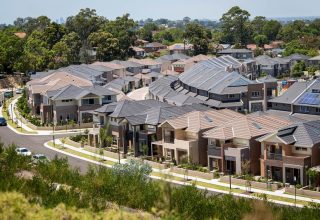

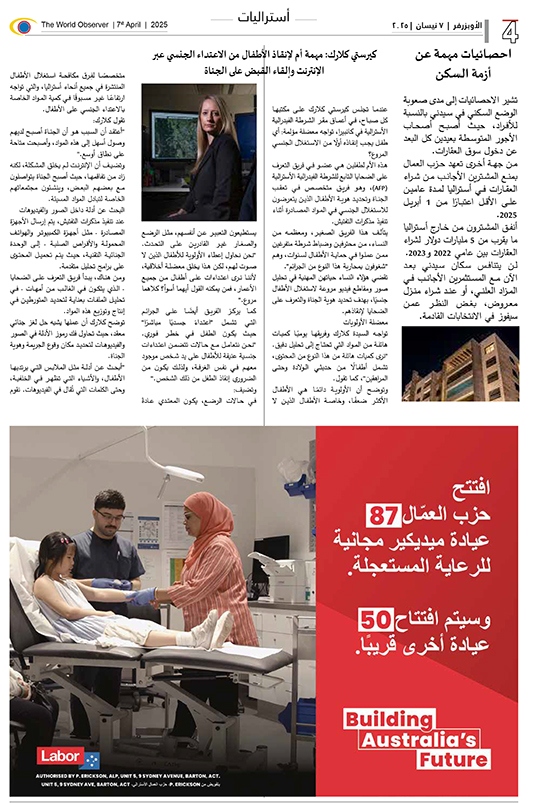
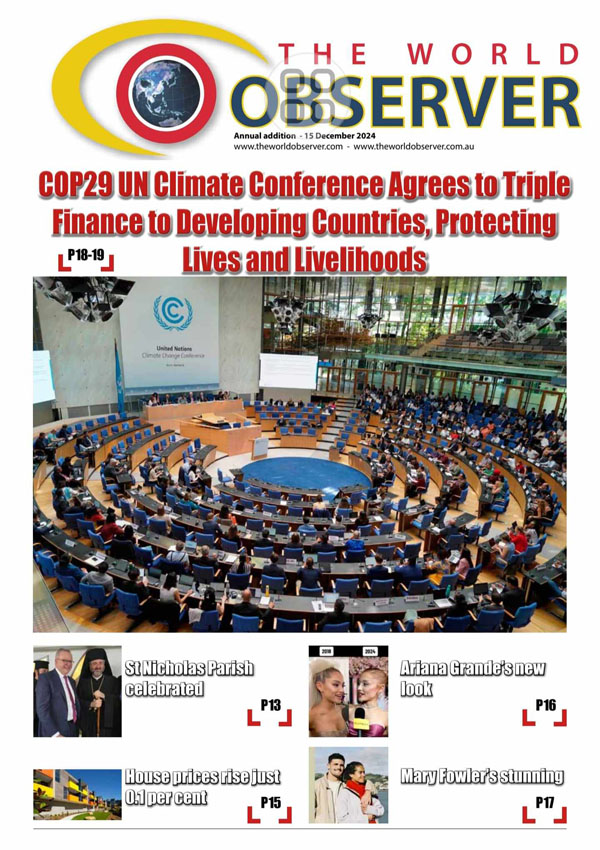
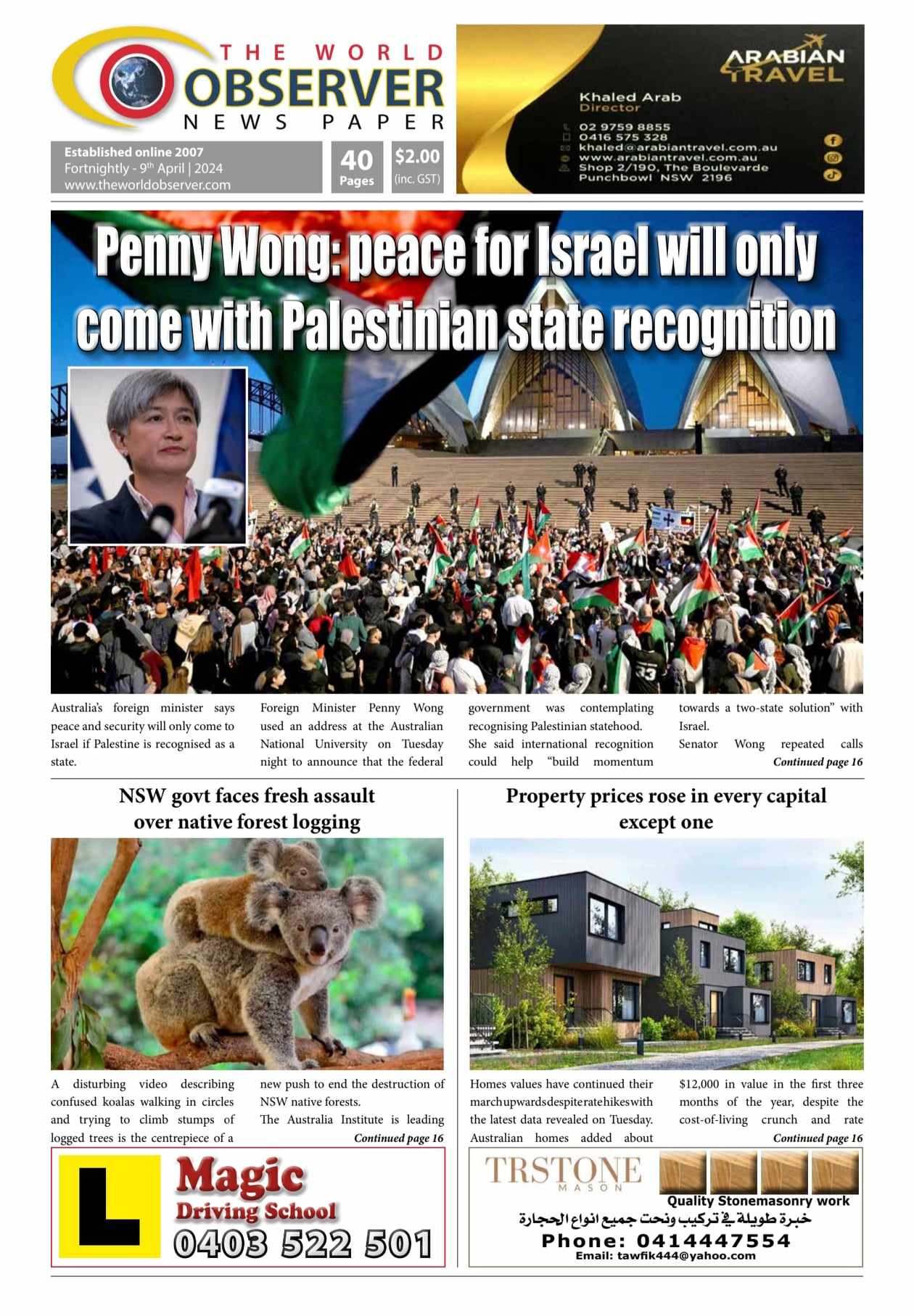





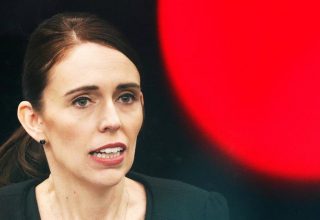





















 The World Observer Media produces a daily online newspaper, a daily Arabic online newspaper and a monthly printed Arabic/English magazine and a weekly printed Arabic/English newspaper.
The World Observer Media’s mission is to entertain and educate all generation from the Ethnic Communities in Australia, who are interested in local, national and foreign information.
The World Observer Media produces a daily online newspaper, a daily Arabic online newspaper and a monthly printed Arabic/English magazine and a weekly printed Arabic/English newspaper.
The World Observer Media’s mission is to entertain and educate all generation from the Ethnic Communities in Australia, who are interested in local, national and foreign information. 


